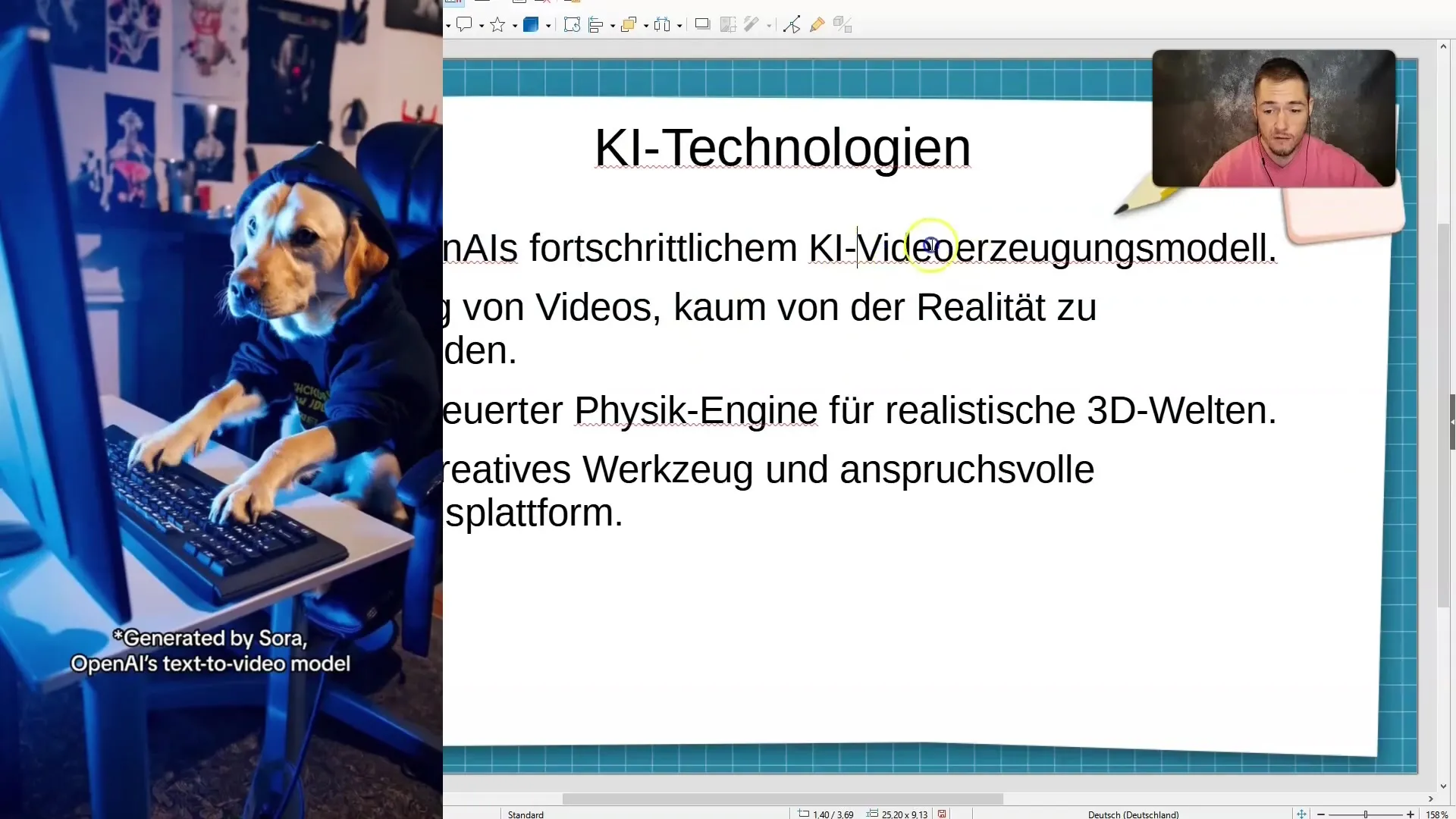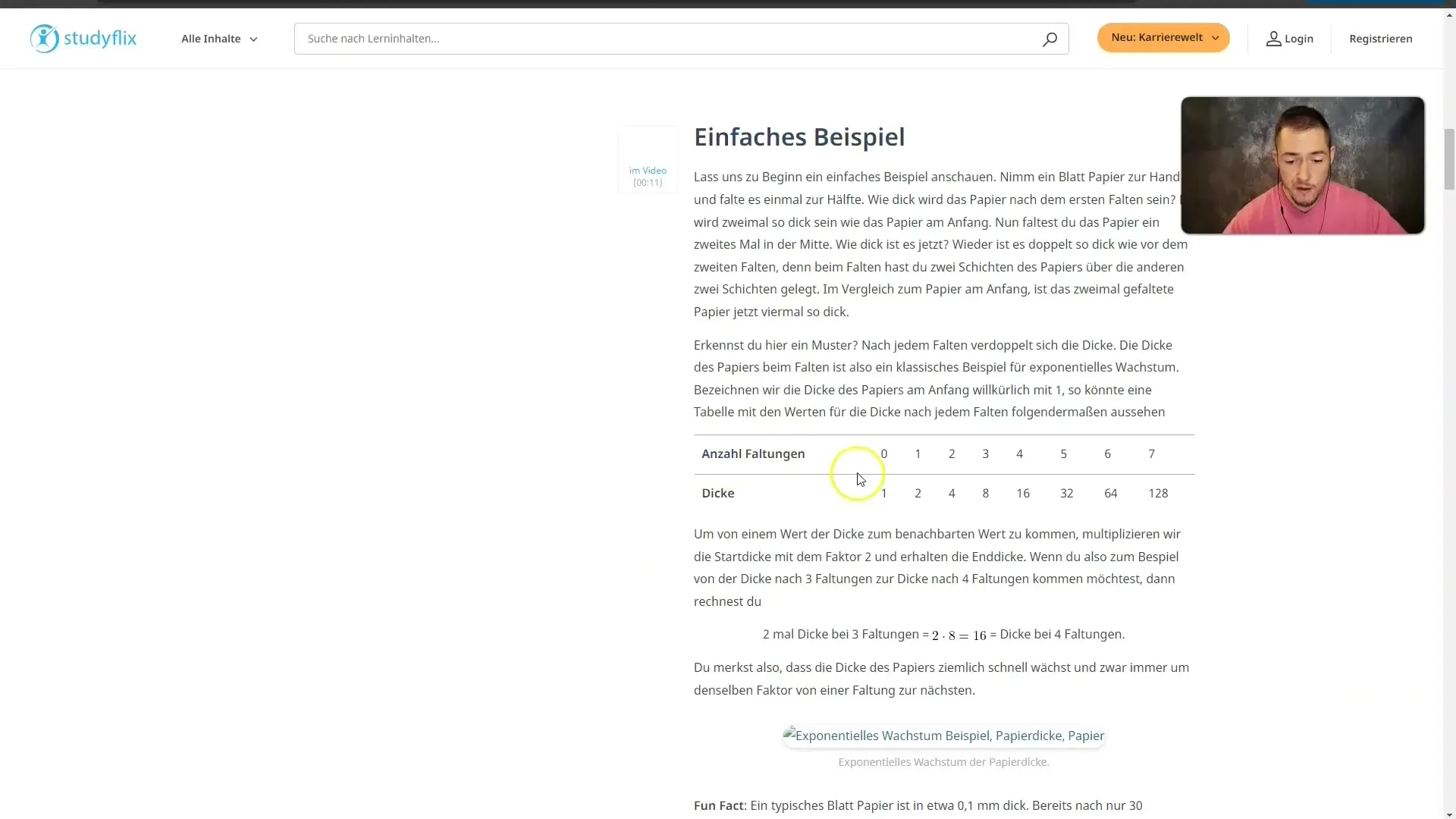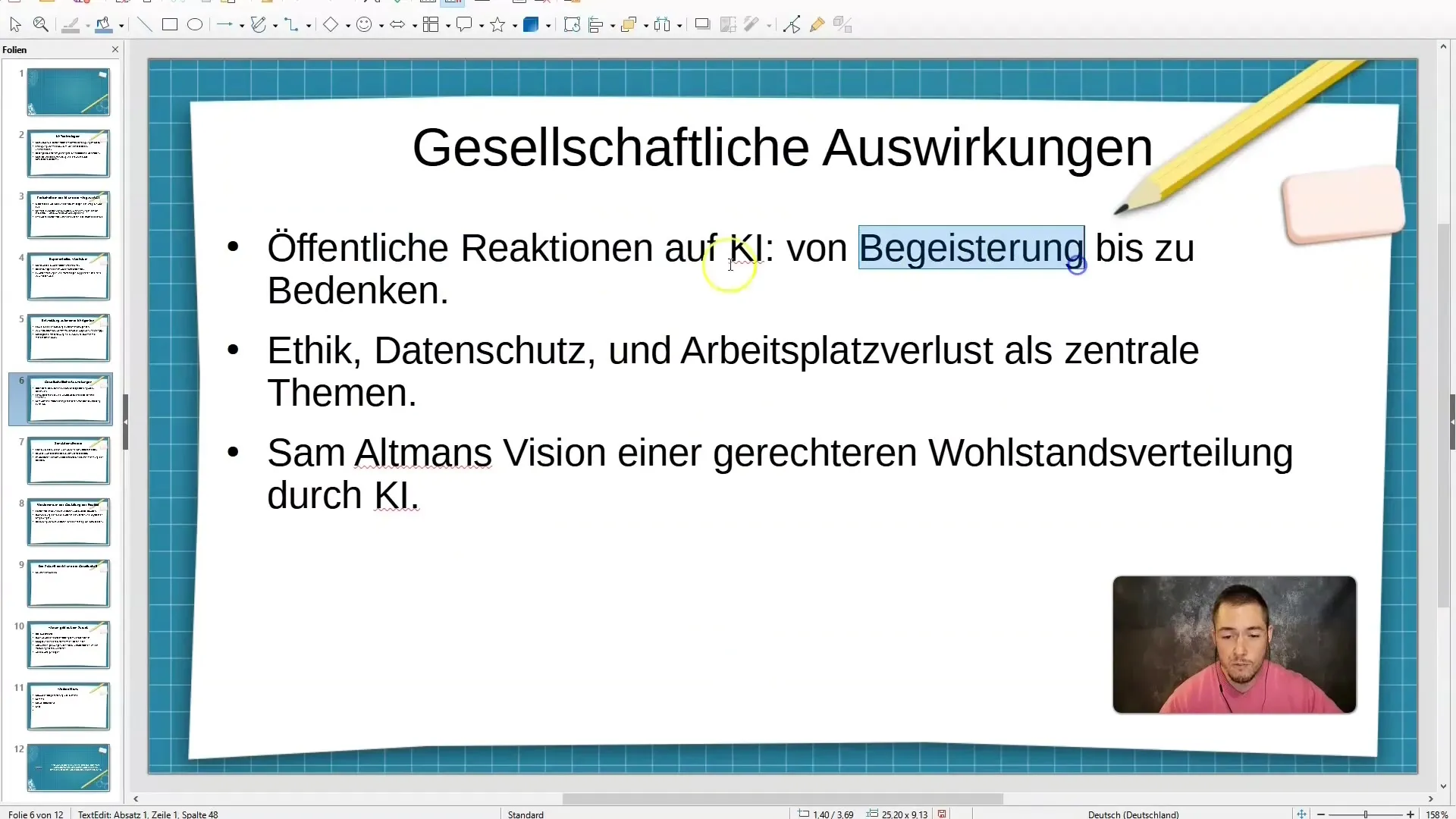This guide is about the intensifying discussion surrounding the costs of AI videos and the future of AI technologies like Sora. This is discussed in the context of current public reactions and fears related to employment and ethics. You will learn about the impact AI has on various professional groups, how exponential growth in AI works, and what social changes we can expect in the near future.
Key Takeaways
- The introduction of AI technologies not only has the potential to displace jobs but also to create new opportunities.
- While many people fear job loss, AI could also lead to a reduction in basic living costs.
- It is clear that AI is not just a trend but a transformative force that will change our lives in many ways.
Step-by-Step Guide
1. Understanding the Skepticism towards AI
The introduction of AI tools like Sora has triggered fear and skepticism in many people. Public opinion, often negative, stems from uncertainty about new technologies. To address these fears, you should delve deeper into understanding the capabilities of Sora and similar AI systems. The model is described as a tool that can not only create videos but also seems to learn an understanding of physical concepts.

2. Explaining the Mechanisms behind Sora
To better understand the positive and negative aspects of AI, it is important to look at the mechanisms behind Sora. Sora can create realistic videos that are hardly distinguishable from reality. This is possible because it is capable of creating models and conducting simulations that help us understand long-gone jobs. Through this technology, it is evident that we are on the path to achieving artificial general intelligence (AGI).

3. Understanding Exponential Growth
One of the central themes of the discussion is the concept of exponential growth. It is important that you understand how progress in AI is not linear but exponential. A simple example is folding a sheet of paper. While the folded sheet initially represents a small doubling, it soon leads to immensely large strengths. The water lily experiment shows that there is no apparent progress until the 29th day when the pond is fully covered.

4. Impacts on the Workforce
How do AI technologies change the workforce? The answers are complex: Many people are concerned about losing their jobs. Production professions, such as cameramen or photographers specializing, could be replaced by AI models. While AI may reduce the demand for some professions, it will simultaneously create new professions requiring AI-enabled skills.

5. The Role of AI Agents
The development of AI agents is another key area that will be important for future developments. These agents can perform many complex tasks independently. Models like GPT and Sora play a significant role here. While GPT is responsible for linguistic tasks, Sora can be used for conducting simulations.
6. Societal Impacts and Ethical Considerations
A variety of societal impacts surrounding the progress of AI must be considered. There are fears of job loss, ethical issues, and data protection concerns. It is important to recognize that these developments present not only challenges but also opportunities. A balance between technological advancements and social needs will be essential.

7. The Future of AI and its Integration into Everyday Life
A central point of the discussion is how the integration of AI into everyday life will unfold. Sam Altman talks about a redistribution of wealth that could be enabled by AI. This could happen, for example, in the form of a universal basic income to mitigate the effects of the upcoming job changes.

Summary
In this guide, we have explored the challenges and opportunities arising from AI technologies like Sora. The future of the job market will undergo significant changes, and it is crucial that you understand the mechanisms behind it. By educating yourself on exponential growth and the role of AI agents, you will be better equipped to respond to these challenges and positively shape the impact of AI on yourself and society.
Frequently Asked Questions
What will the future of AI technologies look like?The future of AI will be characterized by exponential growth, creating new professions and opportunities, but also posing a threat to existing jobs.
Which professions will be most affected by AI?Professions related to content creation or data analysis are most affected, while new jobs in AI management could emerge.
Could AI lead to a decrease in the cost of living?Yes, through efficiency improvements, AI could help reduce many living costs in the future.
What are AI agents?AI agents are specialized programs capable of independently performing complex tasks, thus partially replacing or complementing human jobs.
Will AI need to be more heavily regulated in the future?It is likely that regulating AI will be necessary to uphold ethical and social standards.


